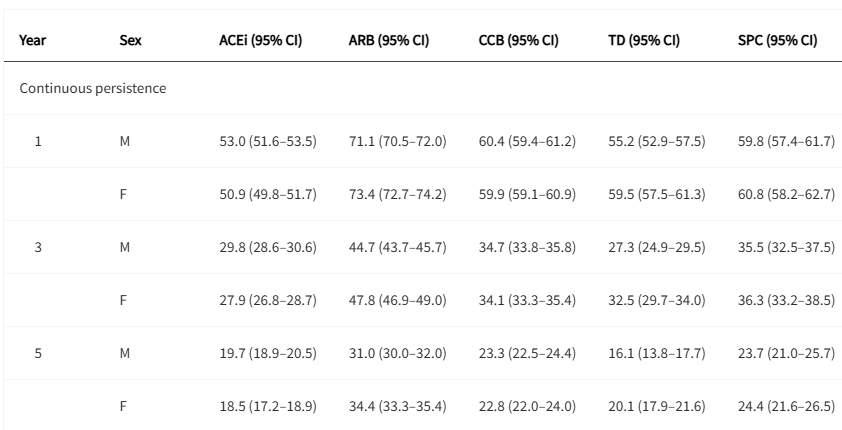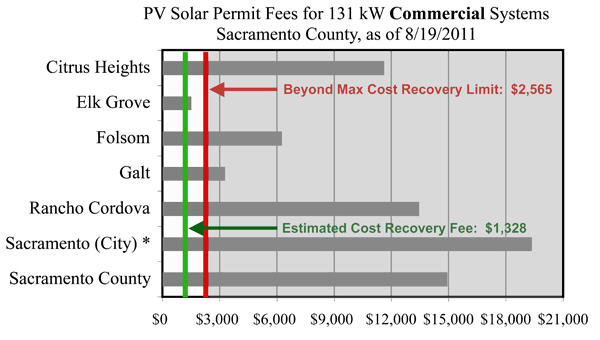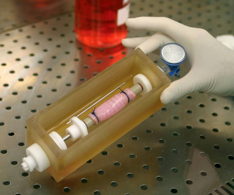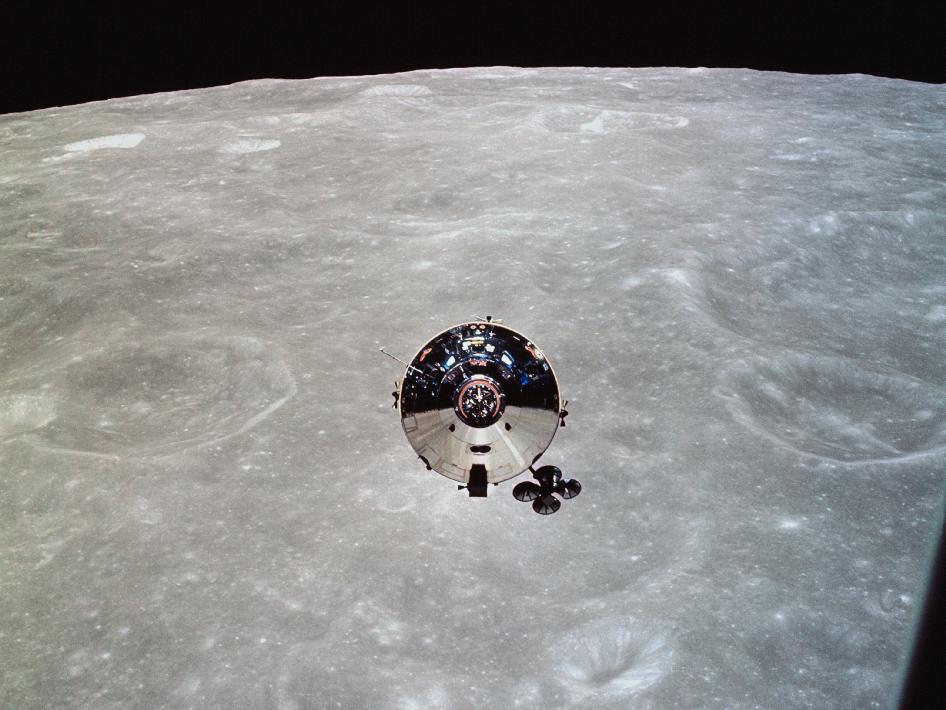It isn't often I will agree with Club Sierra...I mean Sierra Club - if you have ever been to their offices you will know how easy it is to confuse the terms.
They spend so much time latching onto whatever cause will generate donations it's hard to know if they believe in anything, much less science, and it can make you nuts. Like Greenpeace, their baffling 'trust scientists when it comes to global warming but scientists are out to kill you with GMOs' stance is, in a nutshell, why progressives (not liberals, not Democrats, progressives) are so goofy in their anti-science beliefs.
In early July, Karolinska University Hospital issued a press release about a successful trachea transplant using synthetic tissue. It got mainstream media coverage and it was interesting, I thought, but evolutionary and not revolutionary. We had covered a Lancet paper on much the same thing in 2008. But in the course of a correspondence with a media rep she noted something important; not only was this not a traditional transplant, this was not even one where an organ was decellularized and recellularized with the patient's stem cells, it was created for the patient and in just two days.
That meant no immunosuppressive drugs, at $20,000 per year, and no morbidities due to their side effects.
Writing in
USA Today, microbiologist Dr. Alex Berezow makes a statement sure to leave the militant left wing who believe all Republicans are mentally Rick Perry or Michele Bachmann sputtering. Namely,
that anti-science Republicans get media coverage but not anti-science Democrats.
People may complain about tax breaks for successful energy companies but the one thing worse is spending real money on lousy ones. Yet it has happened because advocacy is taking precedence over science.
The recent Solyndra LLC collapse is not the first time this has happened, nor can it be blamed solely on the Obama administration simply due to his zeal for alternative energy - the Department of Energy began the loan guarantee program in 2006 when there was a Republican Congress and a Republican senate and in 2005 the wasteful ethanol subsidies and mandates were put into law.
Apollo 11 and giant leaps for mankind get all the love now but the missions leading up to it brought their own excitement - and a mystery.
In May 1969, two months before man walked on the Moon, Commander Thomas Stafford, Command Module Pilot John Young and Lunar Module Pilot Eugene Cernan made a 'dummy' run and successfully returned from the Moon and landed their Apollo 10 command module, dubbed 'Charlie Brown', in the ocean, after setting a still-existing human speed record of 25,000 MPH. They basically did everything except land on the Moon.
Gonorrhea is a sexually transmitted disease (STD) that causes urethritis and pelvic inflammatory disease. Before AIDS, this was what you got for having promiscuous, unprotected sex with many anonymous partners in a consequence-free environment (a period known as "The 1970s" yet often assumed to be the '60s) and when you contracted it you took some antibiotics and then it was back to Studio 54.
 Happy Twelfth Night - Or Divorce Day, Depending On How Your 2026 Is Going
Happy Twelfth Night - Or Divorce Day, Depending On How Your 2026 Is Going Blood Pressure Medication Adherence May Not Be Cost, It May Be Annoyance At Defensive Medicine
Blood Pressure Medication Adherence May Not Be Cost, It May Be Annoyance At Defensive Medicine On January 5th, Don't Get Divorced Because Of Hallmark Movies
On January 5th, Don't Get Divorced Because Of Hallmark Movies Does Stress Make Holidate Sex More Likely?
Does Stress Make Holidate Sex More Likely?









